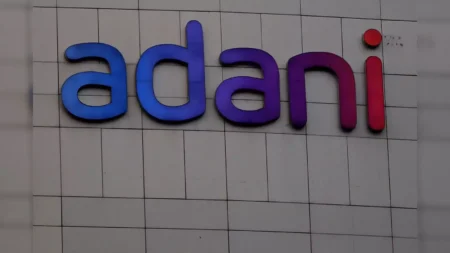Citing crypto as a potential money laundering and terrorist financing tool, the Indian government is expected to introduce crypto regulation framework in November. However, crypto will not be banned completely—as was originally believed at the start of this month and for some time thereafter.
A newly-detailed document (PDF), “Cryptocurrency and Regulation of Official Digital Currency Bill” surfaced online over the weekend that with seek two major objectives: ban private cryptocurrencies; and create a legal framework for official digital currency issued by central banks. It most likely would be officially introduced during Parliament’s Winter Session starting November 29.
The bill has been prepared under DoT (Department of Telecommunications) wing, according to The Economic Times. It also being backed by Finance Ministry. The crypto bill outlines requirements for crypto wallet providers, crypto exchanges, crypto asset issuers, crypto investors and the Reserve Bank of India (RBI).
Tokens that are deemed securities will likely be banned in the country under the Securities Contracts Regulation Act that was formed in 1956. This means that crypto tokens defined as securities would have to abide by mandatory registration with SEBI (Securities Exchange Board of India) which may incur tremendous fees for companies seeking token issuance.
The Reserve Bank of India has been a little critical about Bitcoin and cryptocurrencies. Only recently, Governor Shaktikanta Das underlined concerns around these virtual currencies calling them “a threat” to any financial system at least until they are regulated – which probably isn’t very far off considering how quickly things change with technology! He went on further state that while there’s no faith yet in regulating it inside India because cryptocurrency does not have much presence here compared to countries like America who seems more welcoming towards new innovations; this doesn’t mean we should discount what could happen though if crypto gains popularity as an investment opportunity.

The Digital Asset Exchanges shall not launch any initial coin offerings or tokens without seeking necessary approvals from appropriate regulatory authorities. Furthermore, these DAEs shall not facilitate secondary trading unless otherwise authorized by their respective regulators. They shall also ensure to submit their risk management and internal control policies for approval.
The crypto exchanges will also be required to store crypto assets in a separate account that is funded exclusively by crypto-deposits, using the blockchain-based crypto assets received from users. The crypto exchanges shall not accept fiat currency or any other crypto asset (except crypto assets issued under the framework). Crypto assets stored on behalf of users can be used only for making payments and settlements for transactions or services rendered by them. Any funds remaining unused at the end of financial year will be transferred back to respective users (after deducting operational and security costs).
A crypto investor cannot trade with multiple registered accounts under different identities. He/she has to choose account that can be used for crypto transactions. Any violation will entail penalty. A crypto wallet holder may move crypto assets to another crypto-wallet of his choosing, but the crypto assets shall not be convertible into any legal tender or fiat currency at any stage.
The bill also provides guidelines on crypto trading by regulated entities like banks and financial institutions, insurance companies, stock exchanges etc. These entities are prohibited from investing in crypto assets directly through their subsidiary concerns or associated undertakings except those that are authorized for this purpose by RBI. They are also not allowed to accept any deposits or provide loans against cryptocurrencies presumably because it’s not a recognized medium of exchange in India currently (and hence cannot be used as collateral).
Essentially, crypto is not banned in India. People who have crypto will be able to trade it on exchanges and hold crypto assets in wallets like they did before this bill was drafted. But crypto-to-fiat trading and crypto derivatives trading (like crypto futures) will no longer be allowed unless specifically authorized by the appropriate authorities.











